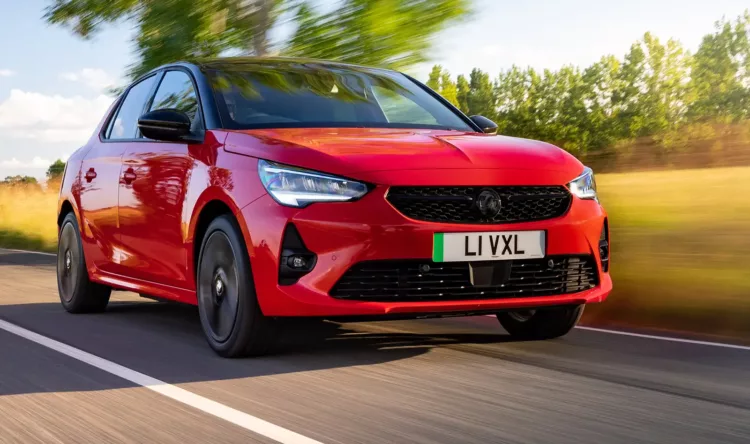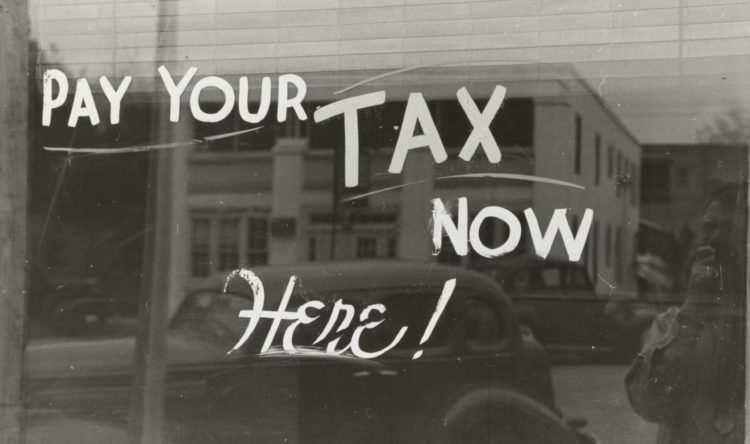Mayors fail to plug in
EV charging infrastructure failing to capitalise on funding
Nine major UK cities have failed to spend a £250m investment fund to install public electric vehicle (EV) chargers.
The UK has nine directly elected Metro Mayors. Each has responsibility for overseeing the development and maintenance of public services, infrastructure, and transport in their City Region.
This includes supporting the UK’s electrification strategy. The policy directive calls for the installation of 300,000 new EV charge points over the next eight years.
Only four of the nine combined authorities installed new charge points last year. Only two installed any for public use.
Poor stats
Since July 1, 2021, DfT data shows the number of public devices across the UK has increased by 31%. This translates to 7,637 devices.
More importantly, the number of rapid devices increased by 31%, with an additional 1,423 public devices.
Zap-Map claims the number of ultra-rapid charge points has grown by almost 40% since the end of 2021.
However, the DfT admits there is an “uneven geographical distribution of charging devices within the UK”.
It confirmed that some UK local authorities have bid for UK Government funding for charging devices, but others have not. Most of the provision has been market-led by private businesses rather than local authorities.
Response failure
Novuna Vehicle Solutions submitted freedom of information (FOI) requests to the offices the UK’s nine Metro Mayors in April 2022.
The responses reveal that a total of 98 charge points were installed by four authorities last year. Only 42 were explicitly made available for public use.
Each Mayor has access to a relative share of a £7.45bn capital investment fund over a 30 year period. It equates to £250m for each calendar year.
These budgets are in addition to a £6.8bn City Region Sustainable Transport Settlement.This allows the Metro Mayors (with the exception of North of Tyne) to bid to fund initiatives that work towards decarbonising transport, in line with national priorities.
Despite the sizable funding on the table, only the West of England (29) and Greater Manchester (13) installed public chargers in their regions last year. The former also installed 14 charge points restricted for taxis, buses or fleets, joined by Liverpool (13) and West Yorkshire (29).
Tees Valley, The West Midlands, and the Combined Authority of Cambridgeshire and Peterborough disclosed that they hadn’t installed any charge points in 2021. Meanwhile, North of Tyne and Sheffield/South Yorkshire failed to provide the requested information .
Furthermore, further scrutiny revealed that none had used the significant capital investment fund, despite it being in place for several years.
Time for action
Jon Lawes, managing director of Novuna Vehicle Solutions feels the Metro Mayors are failing their roles. “The position was created with a clear mandate to boost the economic development of the UK’s biggest city regions, and investment in infrastructure is a vital piece of that puzzle.
He worries that “the UK will remain shackled to petrol and diesel well beyond our collective 2030 goal”.
“We need to pivot from planning mode and start putting shovels in the ground.
“The money is available, what’s required now is the political muscle to deliver critical infrastructure, especially for the 40% of households that can’t install a private charger.
“With a quarter of all new sales now being battery powered, the last thing we want is this exponential growth in drivers making the transition to EV’s to be compromised because our local authorities have taken their eye off the ball.”





